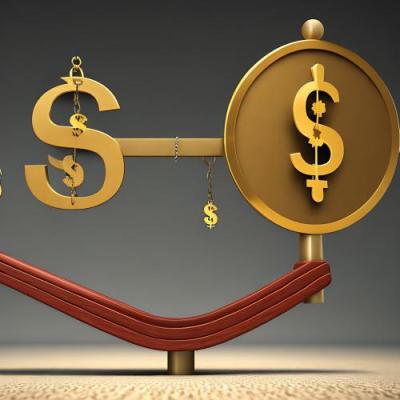Fixed Interest Rates
A fixed interest rate is an interest rate that stays the same for the duration of your loan term. Here are the pros and cons of fixed interest rates:
Pros:
- Stability: With a fixed interest rate, your monthly payments will stay the same, providing you with stability and predictability.
- Predictability: You'll know exactly how much you need to pay each month, which makes budgeting easier.
- Simplicity: Fixed interest rates are simple to understand and calculate.
Cons:
- Higher initial rates: Fixed interest rates tend to be higher than variable interest rates, which means you'll likely pay more interest in the early years of your loan.
- Less flexibility: You won't be able to take advantage of lower interest rates if they become available, and you may face penalties if you try to pay off your loan early.
Variable Interest Rates
A variable interest rate is an interest rate that can change over time based on market conditions. Here are the pros and cons of variable interest rates:
Pros:
- Lower initial rates: Variable interest rates tend to be lower than fixed interest rates, which means you'll pay less interest in the early years of your loan.
- Flexibility: Variable interest rates can change over time, which means you may be able to take advantage of lower rates if they become available.
- Potential for lower payments over time: If interest rates go down, your monthly payments may decrease as well.
Cons:
- Higher risk and uncertainty: Variable interest rates can change over time, which means you may face higher interest rates and higher monthly payments in the future.
- Potential for higher rates over time: If interest rates go up, your monthly payments may increase as well, which could make it more difficult to manage your finances.
Choosing the Right Option
When choosing between fixed and variable interest rates, consider the following factors:
- Financial goals: If your goal is to pay off your loan quickly and save money on interest, a fixed interest rate may be a better option. If your goal is to have lower initial payments and take advantage of potential rate decreases, a variable interest rate may be a better option.
- Risk tolerance: If you're comfortable with risk and uncertainty, a variable interest rate may be a good choice. If you prefer stability and predictability, a fixed interest rate may be a better option.
- Economic conditions: If interest rates are expected to rise in the near future, a fixed interest rate may be a better option. If interest rates are expected to stay low or decrease, a variable interest rate may be a better option.
It's important to do your research and compare offers from different lenders to find the best interest rate and terms for your loan. You may also want to consult with a financial advisor or mortgage broker to help you make an informed decision.
Conclusion
Choosing between fixed and variable interest rates for your home loan is a big decision that will impact your finances for years to come. By understanding the pros and cons of each option and considering your financial goals, risk tolerance, and economic conditions, you can make an informed decision and find the right option for your needs. Remember to shop around, compare offers, and consult with experts to ensure you make the best choice for your financial future.
Published: Tuesday 7th March, 2023
Last updated: Tuesday 7th March, 2023









